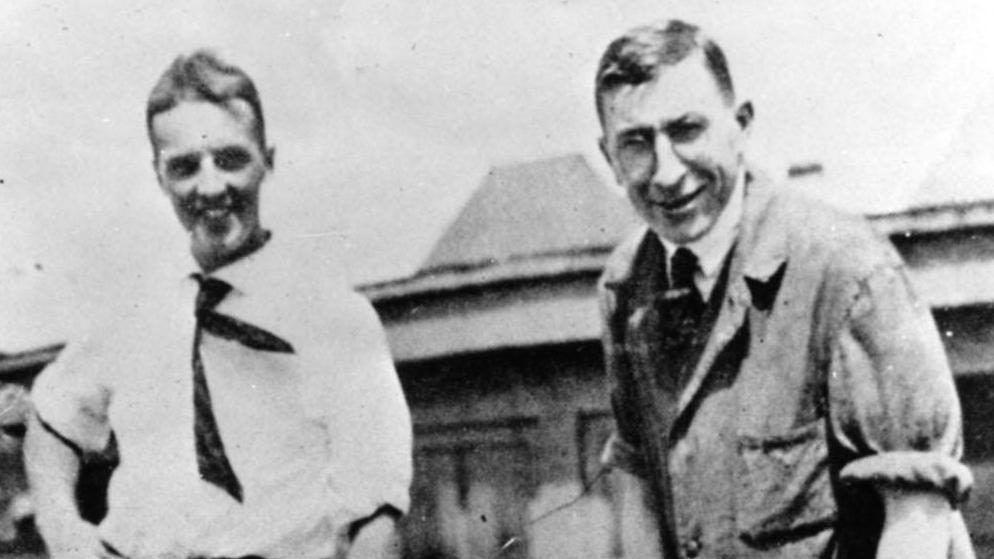frederick banting and charles best: still saving millions of lives 100 years later
relatives of the iconic men share thoughts on what it's like to be a linked to a legacy, how loss drove banting to understand diabetes and best's role in making open heart surgery possible.
the day i became a patient
disease awareness days, like world cml day, are stark reminders of how important access to treatment is.
seeing same doctor has ‘real benefits for people with dementia’
patients were less likely to develop delirium, experience incontinence, and require emergency hospitalization.
 4 minute read
4 minute read










